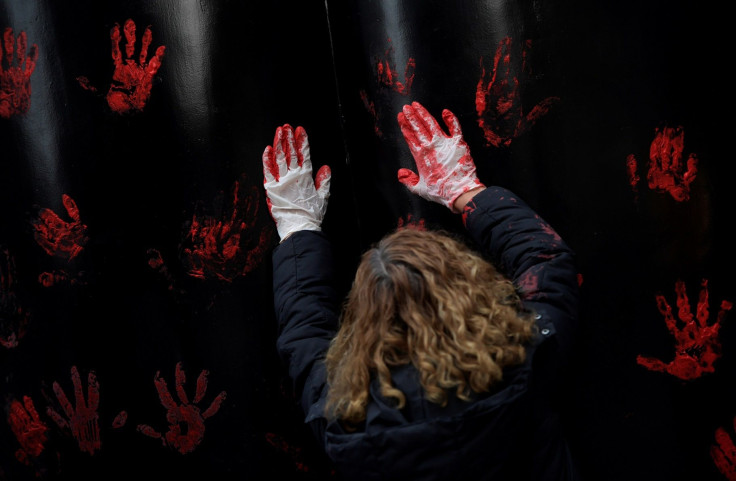NSW Attorney General calls for tougher sexual consent laws

New South Wales Attorney General Mark Speakman has called for tougher sexual consent laws after the King Cross rape case scandal. Speakman and Minister for the Prevention of Domestic Violence and Sexual Assault Pru Goward announced on Tuesday that they had referred the state’s sexual consent provisions to the law reform commission.
The move comes after ABC’s Four Corners investigation into the sexual assault case filed by then-18-year-old Saxon Mullins against Luke Lazarus in 2013. Lazarus was originally found guilty and sentenced to five years in prison in 2015. However, he was released after 11 months when a judge overturned that decision on his first appeal. The Court of Criminal Appeal found in 2017 that although the second in the second trial was wrong, Lazarus would not be retried because it would be unfair to put him through a third trial.
Mullins, in an interview with the ABC, waived her anonymity to talk about the incident in the early hours of May 12, 2013. She said Lazarus raped her in an alleyway behind his father’s nightclub. She was a virgin then and had not consented to anal sex with Lazarus.
She said he demanded that she get on her hands and knees in the gravel. Even though two judges and a jury found that she had not consented to sex with him, the case turned on whether he was aware that she did not consent.
Judge Robyn Tupman said Mullins did not ask Lazarus to stop and “did not take any physical action to move away.” Lazarus, the court found in 2017, genuinely did not believe that she was not consenting.
On Tuesday, Speakman praised Mullins for coming forward after her ordeal and enduring two trials and two appeals. He wanted a review of the sexual consent provisions in the Crime Acts to determine if the law should be amended to protect victims better. In consultation with Goward, he had asked the NSW Law Reform Commission to undertake the review, which will consider sexual assault research and expert opinion, including community views, developments in law, policy and practice in both Australia and internationally.
“This young woman’s bravery in coming forward and sharing her story is commendable. The delay and uncertainty in this matter was unacceptable,” he said. “We can’t legislate for respect, but we can examine whether the consent provisions in our Crimes Act require simplification and modernisation. Within the coming weeks, I will recommend to the Governor the appointment of a Commissioner with criminal law expertise to lead this important review.”
The first thing that should be scrutinised, he said, is the knowledge of consent. There is apparently a lot of uncertainty about what consent means in NSW.
In contrast, Tasmania has the toughest provisions on active consent. If a person does “say or do anything to communicate consent,” then that means he or she does not consent.
Goward said the review is the first priority of the NSW Government’s Sexual Assault Strategy. “I’m particularly pleased the Law Reform Commission will take into account the experiences of sexual assault survivors in the criminal justice system. The law of consent should protect vulnerable people from sexual assault and put offenders on notice,” she said.





















